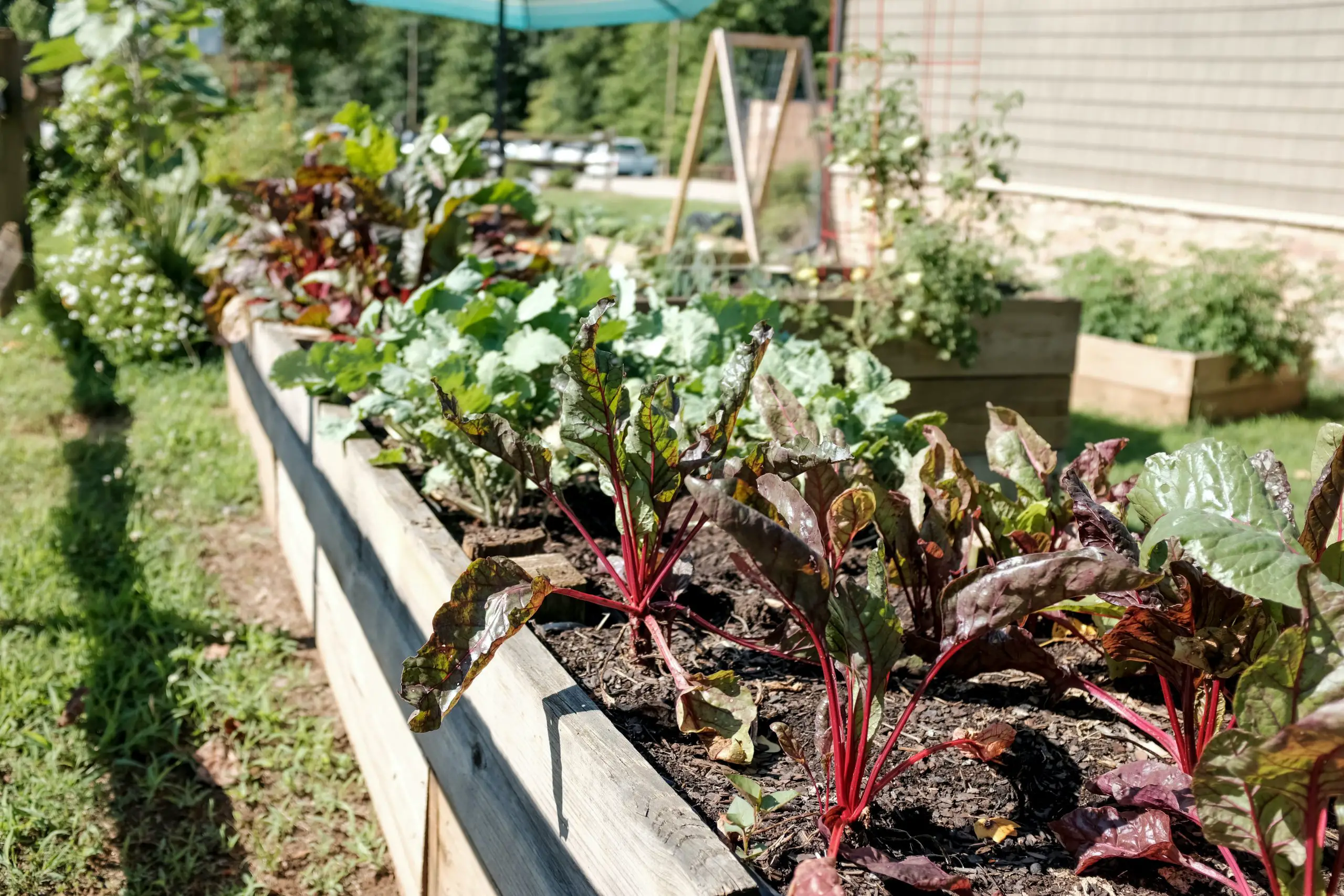Last Updated on April 4, 2024 by Real Men Sow
Growing in a vegetable garden seems simple. You got your seeds, some soil, and water. Put these magical elements together, and expect a harvest the next month – Wrong!
For a successful vegetable garden, seed sowing is essential for a great harvest and it must be done well. If you want to expect great results in your veg garden, this post is for you.
Successful Garden Starts With Seeds
The best way to get started in your vegetable garden is to start with vegetable seedlings. These are grown in optimal conditions up to four weeks and sold ready for planting in the ground or in containers. Seedlings make it easy to learn the difficult aspects of growing your own vegetables.

Pick the Right Soil for Your Vegetable Garden
The foundation of your vegetable garden will be soil. This is why it will be the most crucial component. The soil in which plants are grown will provide them with nutrients. If there isn’t enough, the plants will become weaker. Although soil may appear like a handful of dirt, it is full of microorganisms that help create favorable conditions for plants. The nutrients that vegetable plants require are Nitrogen, Potassium and Phosphorous (N.P.K.). You will also need some other essential nutrients to grow. They can only grow the vegetables they need in perfect conditions. Even though you can grow vegetables in poor soil, the results will not be as good. To replenish any nutrients that are missing, composting or using plant feed can help create the ideal conditions for healthy plants. Chemical-free fertilizers are better for the long-term.
Ensure Proper Light for Vegetable Garden
Vegetables have the same basic needs as people: food, water and light. Each plant requires different amounts of each. This is why it can be difficult to grow your own vegetables. Vegetables need six hours of sunlight per day, whether they are in direct or indirect light. This is quite a tall order considering our climate, but most vegetables can grow outside and will tolerate overcast skies much better than us. Tomatoes, squash and other warm-climate crops are the exception. These crops require full sun so they will need to be grown in shade.
How to control light in the Vegetable Garden?
Gardeners cannot control the natural light, so we must position our vegetable patches in the areas that receive the most sunlight. Containers can also be grown in the same way as for light. However, they are portable and can be moved indoors or out into the sun whenever necessary.
What’s the Most Essential Element for Vegetable Growth?
For healthy stem and leaf growth, nitrogen is essential. It prevents old leaves and strengthens new growth. Phosphorus is essential for photosynthesis and root development. This is what causes poor germination, weak seedlings and stunted growth in mature trees. The leaves and stems may also become discolored. Potassium (or Potash) is essential for fruit and flower production. Potassium deficiency can cause yellowing of the leaf edges and veins. Tomatoes will not grow as well and taste worse. The lack of micronutrients or trace elements is less likely to cause problems and can be easily fixed by good rotation, using garden compost or using plant food.
 Water Your Garden
Water Your Garden
Regular watering is essential for successful fruiting and the development of a plant. Vegetable plants have between 80-95 percent water. They use it to move nutrients, make energy, and, for non-woody plants to strengthen their structure. In other words, if there isn’t enough water, then we don’t have healthy plants. Vegetables take water from their roots, and then move it through the capillary system to transport nutrients throughout the plant. This is a delicate balance. Too much water can prevent plants from reaching deep roots and obtaining the food they need. Too much water can saturate the soil, and drown the plant. There are different irrigation requirements for plants. The weather, wind, rain and temperature can all affect outdoor plants. It is important to check them on a regular basis in order to keep track of these things. There are many irrigation equipment and systems available that can be used to meet the varied watering requirements of vegetable gardens.


